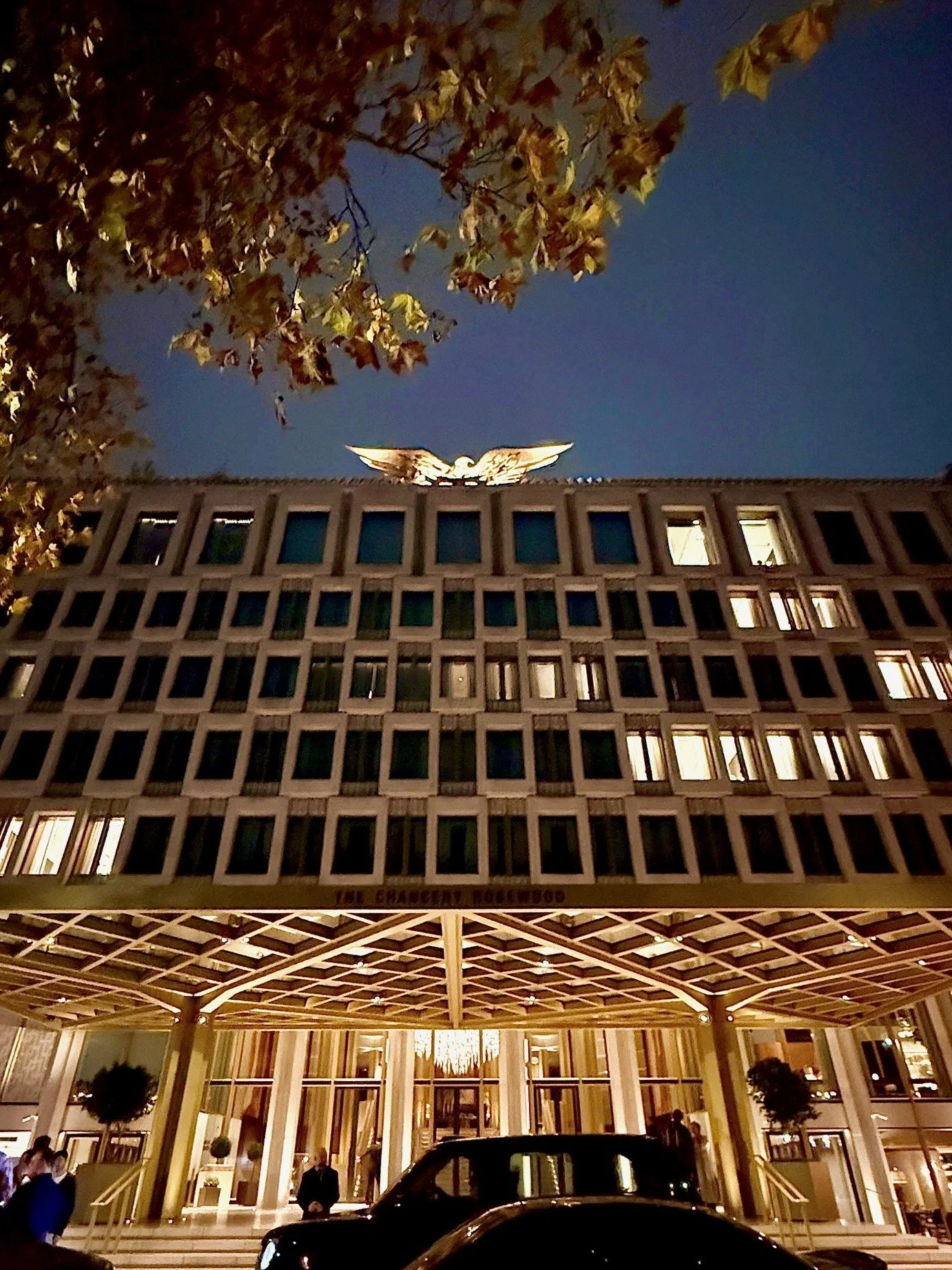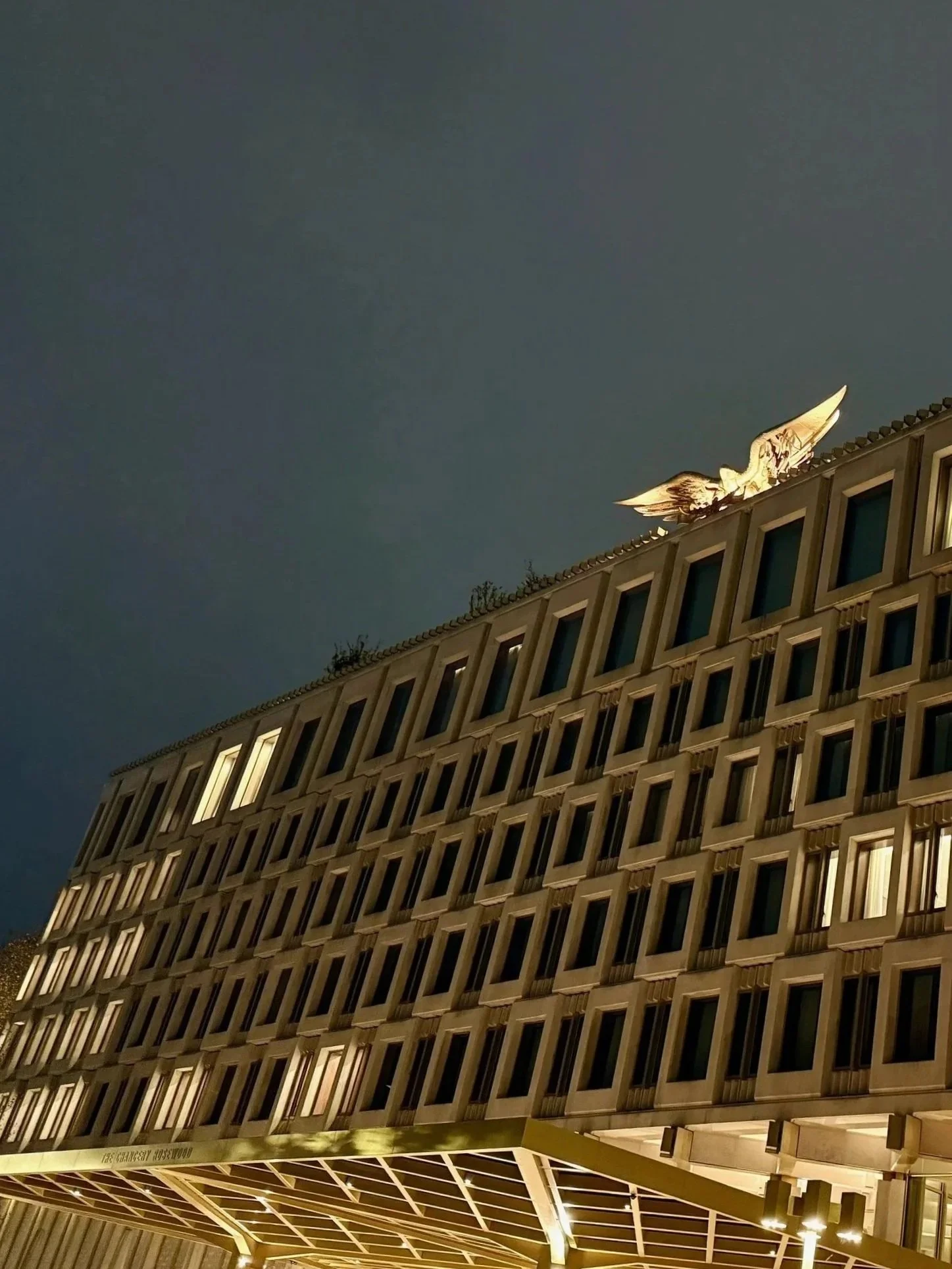Last Friday, the White House issued a proclamation stating that effective November 3, 2019, the government will deny visas for immigrants who “will financially burden” the U.S. health-care system and will now require that foreign nationals demonstrate that they have health insurance or sufficient funds to cover health-care costs on their own before entering the United States. President Trump said he is issuing the proclamation to “protect the availability of health care benefits for Americans,” and that immigrants “who enter this country should not further saddle our health care system, and subsequently American taxpayers, with higher costs.”
To obtain a visa, foreign nationals must prove they will be covered by “approved health insurance,” including a family or employment-based policy, within thirty days of entering the US, unless they have sufficient funds to cover their “reasonably foreseeable medical costs.” Doug Rand, a former Obama-era White House official tasked with immigration policy, said Trump’s proclamation will likely affect immediate relatives of US citizens waiting for permission to enter the US, including parents, spouses, and siblings (with children being exempt). Analysts predict that the proclamation could reduce legal immigration by up to sixty-five percent. The proclamation, Rand noted, does not appear to affect foreign nationals arriving on temporary work visas, refugees, or those seeking asylum at the Mexican border. Rand said that as “a matter of policymaking, this is an incredibly flimsy document” and called the new rule “a gigantic, sweeping change to the legal immigration system.”






